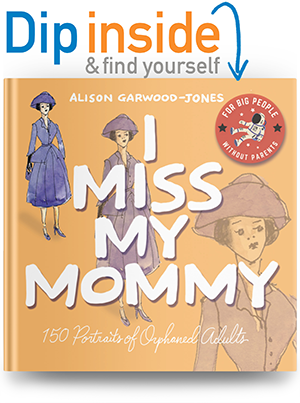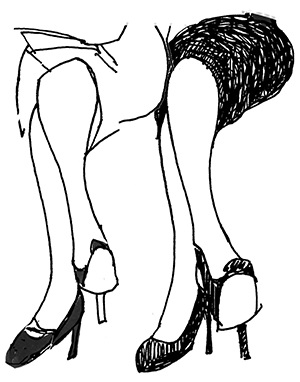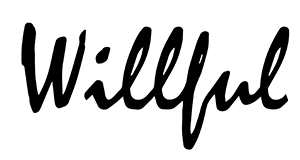I write, you write, we all write
February 17, 2010
“What does your son do?” asked a friend of François Zola.
“Nothing. He writes.” replied Zola, an engineer (mostly of bridges and dams) and father of the journalist and best-selling novelist, Emile Zola.
This conversation took place in the late nineteenth century, long before there were phones or the internet, so it was still possible for someone who wasn’t a regular newspaper reader to remain clueless that the younger Zola had hit it big with his pen.
But what strikes me about this quote (apart from the lack of paternal pride), and the reason I’m sharing it with you, is that I think it brings to light a pretty common misconception that’s having a huge affect on my life and anyone who’s chosen to write for a living. It’s the misconception that writing isn’t real work (i.e. it’s impractical compared to, say, bridge building) and anyone can do it (unlike, say, bridge building or calculus — even drawing). But we all write sentences. And texting is boosting our daily writing output even more.
Introduce this nonchalant attitude about writing to a tool like the internet (where FREE is still the business model of choice) and you can wave “bye, bye” to journalism as a viable career path.
Case in point: When a former editor at a internationally-acclaimed magazine got in touch with me in December to ask if I’d write health features for a new online publication she’s editing, this was her elevator pitch to me: “I’m hoping there is some way we might be able to work together. … The site is quite high volume in terms of the number of articles we’re publishing per month, [but] the content isn’t as in-depth as perhaps some of the magazine pieces we’re used to, [but, still, there] are opportunities here. Each story [400-500] words should only take you an hour and we don’t require any quotes or interviews. They’re nice to have, of course, but not necessary.”
God help me if I’m assigned a subject I’m not well versed in, like heart disease, breast cancer or AIDS. What am I supposed to tell the reading public if research is discouraged in favour of a quick turnaround time? I can’t make this stuff up and I don’t want to rewrite aggregated content, which doesn’t offer anything new on the subject and can perpetuate previously published errors. My editor friend closed her email with, “We pay $25 per story [standard for the net, but I’d get $500 or more if it were for a print magazine] and I estimate that each one could be written in about an hour… so $25 per story can work out to $25/hour… not bad!”
No story done well (and accurately) takes an hour. An average story takes about three days of researching, interviewing and writing and I can’t live on $25 for three days of work, but someone in India or China can, so I suspect outsourcing will be her next move. A month later, I noticed this same editor posted on her own blog Harlan Ellison’s hilarious, now viral, YouTube rant about the indignity and ridiculousness of working for free. Clearly, the new rules of journalism are getting to her too.
But this post is not about Alison’s financial survival (I’m moonlighting, begging and borrowing to avoid stealing). I don’t expect you to care about my solvency. But you should care about journalism and the stuff you’re reading online. I hope, like me, you’re casting a critical eye on the evolution of our digital economy and culture, especially the direction group dynamics are taking us (remember: wikis aren’t fact checked). If the dissemination of accurate information is breaking down in favour of an endless, infinitely expanding RSS feed, then we need to be willing to correct ourselves when human nature starts taking us down the wrong path.
Just because we can do something doesn’t mean we should.



























Hear, hear! Thanks for writing this.